History is shaped by individuals whose courage and selflessness rise above the chaos of war. One such hero is Benjamin Franklin Wilson, a United States Army soldier who exemplified bravery and sacrifice during the Korean War. Wilson, a Medal of Honor recipient, demonstrated extraordinary heroism in the face of overwhelming enemy forces. His story is one of resilience, dedication, and unwavering commitment to duty.

Early Life and Struggles: Benjamin Franklin Wilson was born on June 2, 1921, in Vashon, Washington. Like many young men of his time, he grew up during the Great Depression, a period that instilled in him a strong work ethic and sense of perseverance. His initial attempt at a civilian career in Washington’s lumber mills proved unfulfilling, leading him to seek a greater purpose in military service.
Military Enlistment and Heroics: Wilson enlisted in the U.S. Army in the summer of 1940. By the time of the Pearl Harbor attack in December 1941, he was stationed at Schofield Barracks, Hawaii. His commitment to the Army saw him attending Officer Candidate School at Fort Sill, Oklahoma, in 1943, where he was commissioned in the Field Artillery. However, following the end of World War II, he resigned his commission and briefly returned to civilian life. His time away from the Army was short-lived, as he soon realized that military service was his true calling. Re-enlisting as a private due to the Army’s post-war downsizing, Wilson quickly rose through the ranks, ultimately becoming First Sergeant of Company I, 31st Infantry Regiment, 7th Infantry Division during the Korean War.
Defining Moment: On June 4, 1951, Wilson’s unit was tasked with securing a strategic hill overlooking the Hwachon Reservoir, later dubbed "Hell Hill." Despite being wounded and placed on a stretcher for evacuation, Wilson refused to abandon his men. Summoning immense strength and determination, he returned to battle without hesitation. The following day, June 5, Wilson led a daring assault against a well-fortified enemy position, single-handedly neutralizing multiple threats with his rifle, bayonet, and grenades. His actions earned him the Medal of Honor. Remarkably, just one day later, he continued his heroics, killing 33 enemy soldiers in another lone attack before being evacuated due to his injuries. He was recommended for a second Medal of Honor, but Army policy prevented him from receiving it. Instead, he was awarded the Distinguished Service Cross.
Post-War Life and Career: After recovering from his wounds, Wilson was commissioned once again and continued his service in the Army. He eventually retired in 1960 with the rank of Major. His post-military life was spent in Hawaii, where he lived until his passing on March 1, 1988. Though he did not seek recognition, his legacy as a warrior and leader endured long after his service.
Military Awards and Decorations: Benjamin F. Wilson’s exceptional service earned him the nation’s highest military honors. His awards include:
- Medal of Honor – For his extraordinary bravery and self-sacrifice on June 5, 1951
- Distinguished Service Cross – For his continued heroics on June 6, 1951
- Purple Heart – For wounds sustained in battle
- Various campaign and service medals recognizing his contributions to the Army
Benjamin F. Wilson’s story is one of uncommon courage and selfless leadership. His actions on the battlefield embodied the highest ideals of military service, proving that true heroes rise in the darkest moments. While his name may not be as widely known as some, his sacrifices remain a testament to the unwavering spirit of those who serve. His legacy lives on in the annals of military history, inspiring future generations of soldiers to meet adversity with unyielding valor.
